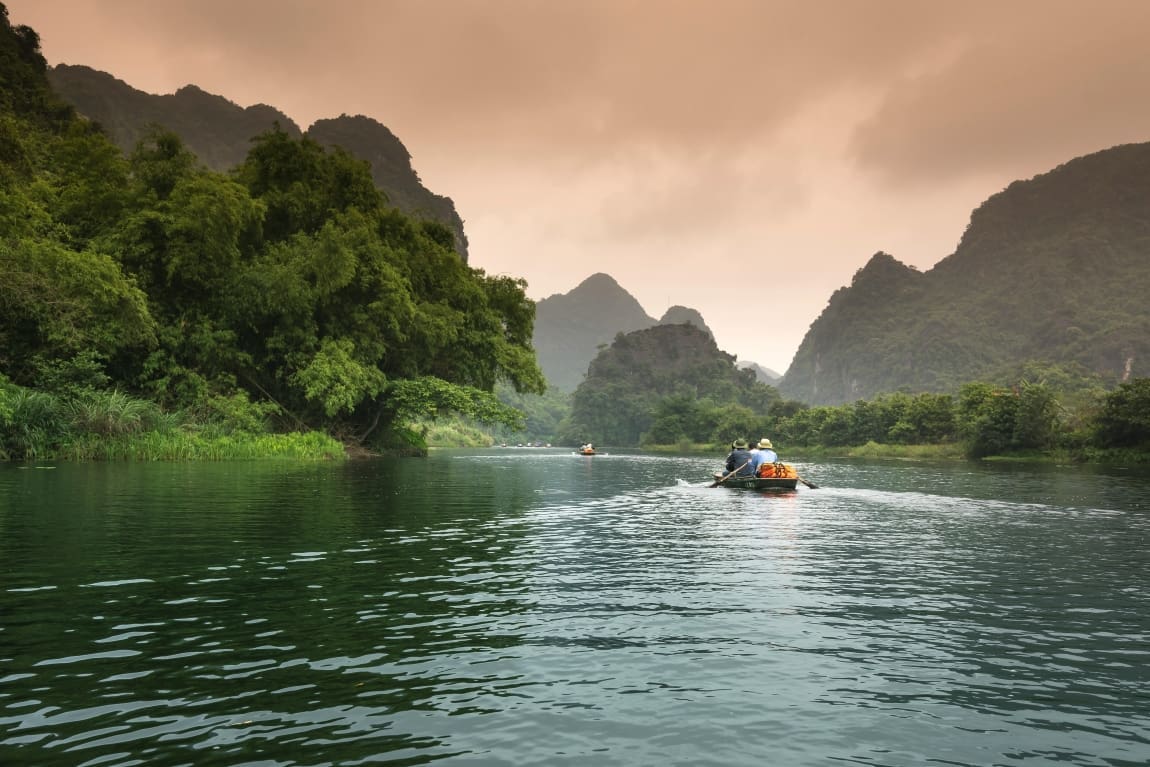By Leigh Hataway, University of Georgia
Faster decomposition could exacerbate greenhouse gas emissions, threaten biodiversity
Humans may be accelerating the rate at which organic matter decomposes in rivers and streams on a global scale, according to a new study from the University of Georgia, Oakland University and Kent State University.
That could pose a threat to biodiversity in waterways around the world and increase the amount of carbon in Earth’s atmosphere, potentially exacerbating climate change.
Published in Science, the study is the first to combine a global experiment and predictive modeling to illustrate how human impacts to waterways may contribute to the global climate crisis.
“Everyone in the world needs water,” said Krista Capps, co-author of the study and an associate professor in UGA’s Odum School of Ecology and Savannah River Ecology Laboratory.
“When human activities change the fundamental ways rivers work, it’s concerning. Increases in decomposition rates may be problematic for the global carbon cycle and for animals, like insects and fish, that live in streams because the food resources they need to survive will disappear more quickly, lost to the atmosphere as carbon dioxide.”
Global warming, urbanization, increased nutrients altering global carbon cycle
Rivers and streams play a key role in the global carbon cycle by storing and decomposing large amounts of leaves, branches and other plant matter.
Typically, the process would go something like this: Leaf falls into river. Bacteria and fungi colonize the leaf. An insect eats the bacteria and fungi, using the carbon stored in the leaf to grow and make more insects. A fish eats the insect.
The study found that this process is changing in areas of the world impacted by humans.
Rivers impacted by urbanization and agriculture are changing how quickly leaf litter decomposes.
And when the process speeds up, that insect doesn’t have a chance to absorb the carbon from the leaf. Instead, the carbon is released into the atmosphere, contributing to greenhouse gas pollution and ultimately disrupting the food chain.
“When we think of greenhouse gas emissions, we tend to think of tailpipes and factories,” said Scott Tiegs, co-author of the study and a professor of biological sciences at Oakland. “But a lot of carbon dioxide and methane comes from aquatic ecosystems. This process is natural. But when humans add nutrient pollution like fertilizer to fresh waters and elevate water temperatures, we increase the decomposition rates and direct more CO2 into the atmosphere.”
Reducing human impact could improve water quality, help fight climate change
The researchers collected field data from 550 rivers across the globe, collaborating with more than 150 researchers in 40 countries.
Based on that data, the scientists generated one of the first estimates of decomposition rates in rivers and streams throughout the world, including understudied areas such as the tropics.
The authors compiled the data into a free online mapping tool that shows how fast different kinds of leaves decompose in local waterways.
Using predictive modeling, the researchers also identified environmental factors responsible for increased decomposition rates, such as higher temperatures and increased nutrient concentrations.
“Both of these factors are impacted by human activities,” said David Costello, co-author of the study and an associate professor at Kent State. “Reducing human impacts on decomposition will keep more carbon in rivers, preventing it from entering the atmosphere as carbon dioxide and contributing to climate change.”
More information: S. D. Tiegs et al, ‘Human activities shape global patterns of decomposition rates in rivers’, Science (2024). DOI: 10.1126/science.adn1262. University of Georgia – Press Release. Featured image credit: Quang Nguyen Vinh | Pexels




